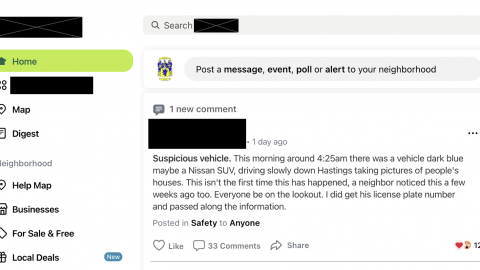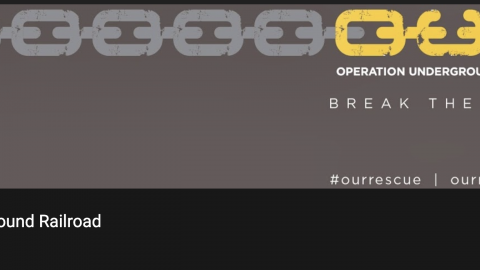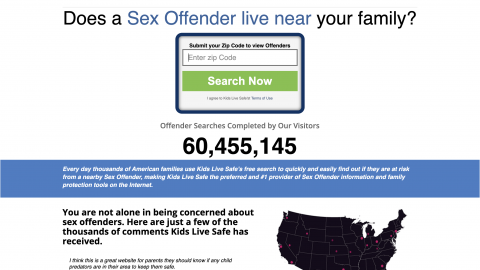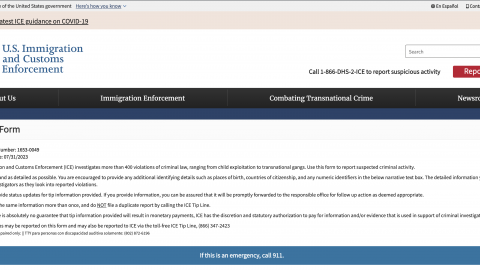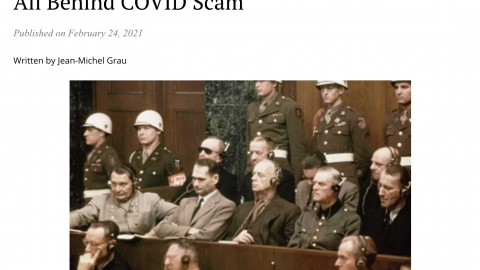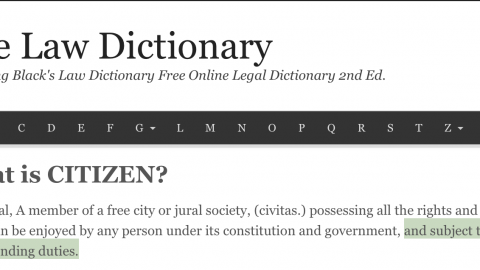GFH REPORT: Do YOU know your rights? Welcome to 28 U.S. Code § 3002 (15)“United States” means—(A)a Federal corporation;
by Gpa T – March 23rd, 2021
GFH Report:
“An informed community is a strong community built on a foundation of rock rather grains of sand easily shifted by the vehemence of every wave of intention on the road to hell.”
– Thomas Michael
“If you will not fight for right when you can easily win without blood shed; if you will not fight when your victory is sure and not too costly; you may come to the moment when you will have to fight with all the odds against you and only a precarious chance of survival. There may even be a worse case. You may have to fight when there is no hope of victory, because it is better to perish than to live as slaves.”
― Winston S. Churchill
Miranda Rights
Excerpt:
“You have the right to remain silent. Anything you say can and will be used against you in a court of law. You have a right to an attorney. If you cannot afford an attorney, one will be appointed for you.”
Right to Remain Silent
Excerpt:
In the United States, the right to remain silent is designed to protect a person who is undergoing police questioning or trial. This right may help a person avoid making self-incriminating statements. It may also include the condition that unfavorable comments or inferences cannot be made by the tribunal because the defendant refused to answer questions before or during a court trial.
Legal Definition of “silence”
SILENCE.
The state of a person who does not speak, or of one who refrains from speaking.
2. Pure and simple silence cannot be considered as a consent to a contract, except in cases when the silent person is bound in good faith to explain himself, in which case, silence gives consent. 6 Toull. liv. 3, t. 3, n. 32, note; 14 Serg. & Rawle, 393; 2 Supp. to Ves. jr. 442; 1 Dane’s Ab. c. 1, art. 4, Sec. 3; 8 T. R. 483; 6 Penn. St. R. 336; 1 Greenl. Ev. 201; 2 Bouv. Inst. n. 1313. But no assent will be inferred from a man’s silence, unless, 1st. He knows his rights and knows what he is doing and, 2d. His silence is voluntary.
3. When any person is accused of a crime, or charged with any fact, and he does not deny it, in general, the presumption is very strong that the charge is correct. 7 C. & P. 832 5 C. & P. 332; Joy on Conf. s. 10, p. 77.
Legal Definition of “acquiescence”
Acquiescence
Conduct recognizing the existence of a transaction and intended to permit the transaction to be carried into effect; a tacit agreement; consent inferred from silence.
18 U.S. Code § 241 – Conspiracy against rights
If two or more persons conspire to injure, oppress, threaten, or intimidate any person in any State, Territory, Commonwealth, Possession, or District in the free exercise or enjoyment of any right or privilege secured to him by the Constitution or laws of the United States, or because of his having so exercised the same; or
If two or more persons go in disguise on the highway, or on the premises of another, with intent to prevent or hinder his free exercise or enjoyment of any right or privilege so secured—
They shall be fined under this title or imprisoned not more than ten years, or both; and if death results from the acts committed in violation of this section or if such acts include kidnapping or an attempt to kidnap, aggravated sexual abuse or an attempt to commit aggravated sexual abuse, or an attempt to kill, they shall be fined under this title or imprisoned for any term of years or for life, or both, or may be sentenced to death.
18 U.S. Code § 242 – Deprivation of rights under color of law
Whoever, under color of any law, statute, ordinance, regulation, or custom, willfully subjects any person in any State, Territory, Commonwealth, Possession, or District to the deprivation of any rights, privileges, or immunities secured or protected by the Constitution or laws of the United States, or to different punishments, pains, or penalties, on account of such person being an alien, or by reason of his color, or race, than are prescribed for the punishment of citizens, shall be fined under this title or imprisoned not more than one year, or both; and if bodily injury results from the acts committed in violation of this section or if such acts include the use, attempted use, or threatened use of a dangerous weapon, explosives, or fire, shall be fined under this title or imprisoned not more than ten years, or both; and if death results from the acts committed in violation of this section or if such acts include kidnapping or an attempt to kidnap, aggravated sexual abuse, or an attempt to commit aggravated sexual abuse, or an attempt to kill, shall be fined under this title, or imprisoned for any term of years or for life, or both, or may be sentenced to death.
Due Process Clause
Excerpt:
Introduction
The Constitution states only one command twice. The Fifth Amendment says to the federal government that no one shall be “deprived of life, liberty or property without due process of law.” The Fourteenth Amendment, ratified in 1868, uses the same eleven words, called the Due Process Clause, to describe a legal obligation of all states. These words have as their central promise an assurance that all levels of American government must operate within the law (“legality”) and provide fair procedures. Most of this essay concerns that promise. We should briefly note, however, three other uses that these words have had in American constitutional law.
38 U.S. Code § 7331 – Informed consent
The Secretary, upon the recommendation of the Under Secretary for Health and pursuant to the provisions of section 7334 of this title, shall prescribe regulations establishing procedures to ensure that all medical and prosthetic research carried out and, to the maximum extent practicable, all patient care furnished under this title shall be carried out only with the full and informed consent of the patient or subject or, in appropriate cases, a representative thereof.
Nuremberg Code
1. The voluntary consent of the human subject is absolutely essential.
This means that the person involved should have legal capacity to give consent; should be so situated as to be able to exercise free power of choice, without the intervention of any element of force, fraud, deceit, duress, over-reaching, or other ulterior form of constraint or coercion; and should have sufficient knowledge and comprehension of the elements of the subject matter involved, as to enable him to make an understanding and enlightened decision. This latter element requires that, before the acceptance of an affirmative decision by the experimental subject, there should be made known to him the nature, duration, and purpose of the experiment; the method and means by which it is to be conducted; all inconveniences and hazards reasonably to be expected; and the effects upon his health or person, which may possibly come from his participation in the experiment.
The duty and responsibility for ascertaining the quality of the consent rests upon each individual who initiates, directs or engages in the experiment. It is a personal duty and responsibility which may not be delegated to another with impunity.
2. The experiment should be such as to yield fruitful results for the good of society, unprocurable by other methods or means of study, and not random and unnecessary in nature.
3. The experiment should be so designed and based on the results of animal experimentation and a knowledge of the natural history of the disease or other problem under study, that the anticipated results will justify the performance of the experiment.
4. The experiment should be so conducted as to avoid all unnecessary physical and mental suffering and injury.
5. No experiment should be conducted, where there is an a priori reason to believe that death or disabling injury will occur; except, perhaps, in those experiments where the
experimental physicians also serve as subjects.
6. The degree of risk to be taken should never exceed that determined by the humanitarian importance of the problem to be solved by the experiment.
7. Proper preparations should be made and adequate facilities provided to protect the experimental subject against even remote possibilities of injury, disability, or death.
8. The experiment should be conducted only by scientifically qualified persons. The highest degree of skill and care should be required through all stages of the experiment of those who conduct or engage in the experiment.
9. During the course of the experiment, the human subject should be at liberty to bring the experiment to an end, if he has reached the physical or mental state, where continuation of the experiment seemed to him to be impossible.
10. During the course of the experiment, the scientist in charge must be prepared to terminate the experiment at any stage, if he has probable cause to believe, in the exercise of the good faith, superior skill and careful judgement required of him, that a continuation of the experiment is likely to result in injury, disability, or death to the experimental subject.
[“Trials of War Criminals before the Nuremberg Military Tribunals under Control Council Law No. 10”, Vol. 2, pp. 181-182. Washington, D.C.: U.S. Government Printing Office, 1949.]
Sources:
Legal Dictionary
https://legal-dictionary.thefreedictionary.com/silence
https://legal-dictionary.thefreedictionary.com/acquiescence
Cornell Law School
https://www.law.cornell.edu/uscode/text/28/3002
https://www.law.cornell.edu/uscode/text/18/241
https://www.law.cornell.edu/uscode/text/18/242
https://www.law.cornell.edu/wex/due_process
https://www.law.cornell.edu/uscode/text/38/7331
National Institute of Health
https://history.nih.gov/display/history/Nuremberg+Code
MirandaRights.org
http://www.mirandarights.org/
http://www.mirandarights.org/righttoremainsilent.html

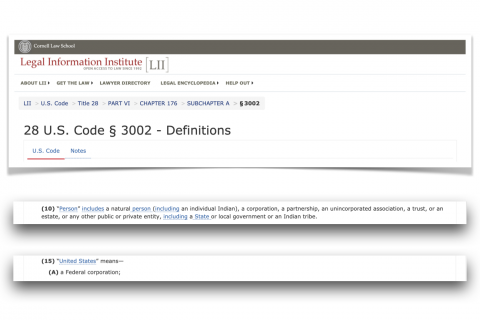
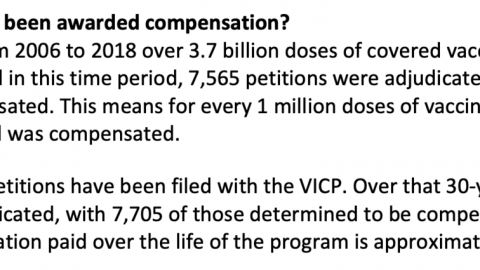
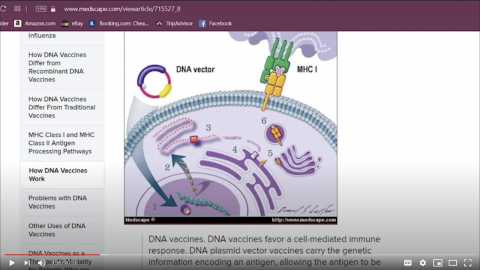
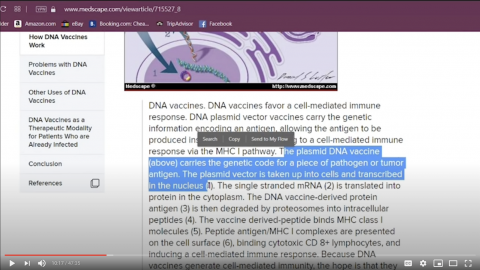

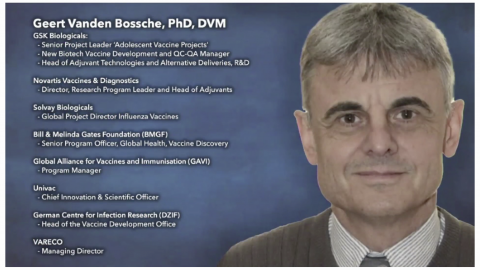
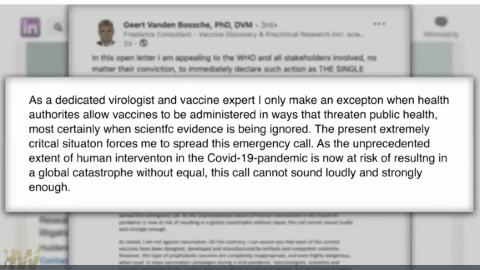
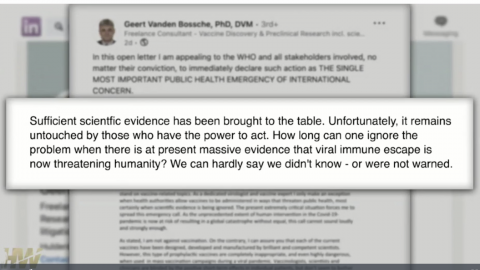
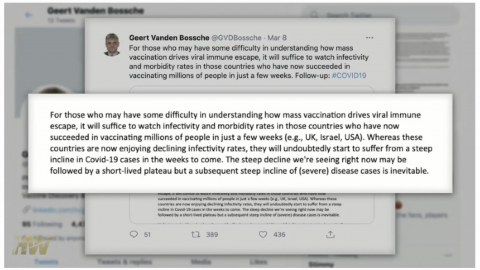
![REPORT: [B]iden Pretends to be President as Trump Leads War on CCP, which Manufactured Texas Ice Storms](https://gpasfishnhole.org/wp-content/uploads/2021/02/Screen-Shot-2021-02-26-at-12.55.29-PM-480x270.png)
![REPORT: [B]iden Pretends to be President as Trump Leads War on CCP, which Manufactured Texas Ice Storms](https://gpasfishnhole.org/wp-content/uploads/2021/02/Screen-Shot-2021-02-26-at-12.55.49-PM-480x270.png)
![REPORT: [B]iden Pretends to be President as Trump Leads War on CCP, which Manufactured Texas Ice Storms](https://gpasfishnhole.org/wp-content/uploads/2021/02/Screen-Shot-2021-02-26-at-12.56.16-PM-480x270.png)
![REPORT: [B]iden Pretends to be President as Trump Leads War on CCP, which Manufactured Texas Ice Storms](https://gpasfishnhole.org/wp-content/uploads/2021/02/Screen-Shot-2021-02-26-at-12.56.30-PM-480x270.png)
![REPORT: [B]iden Pretends to be President as Trump Leads War on CCP, which Manufactured Texas Ice Storms](https://gpasfishnhole.org/wp-content/uploads/2021/02/Screen-Shot-2021-02-26-at-12.56.55-PM-480x270.png)
